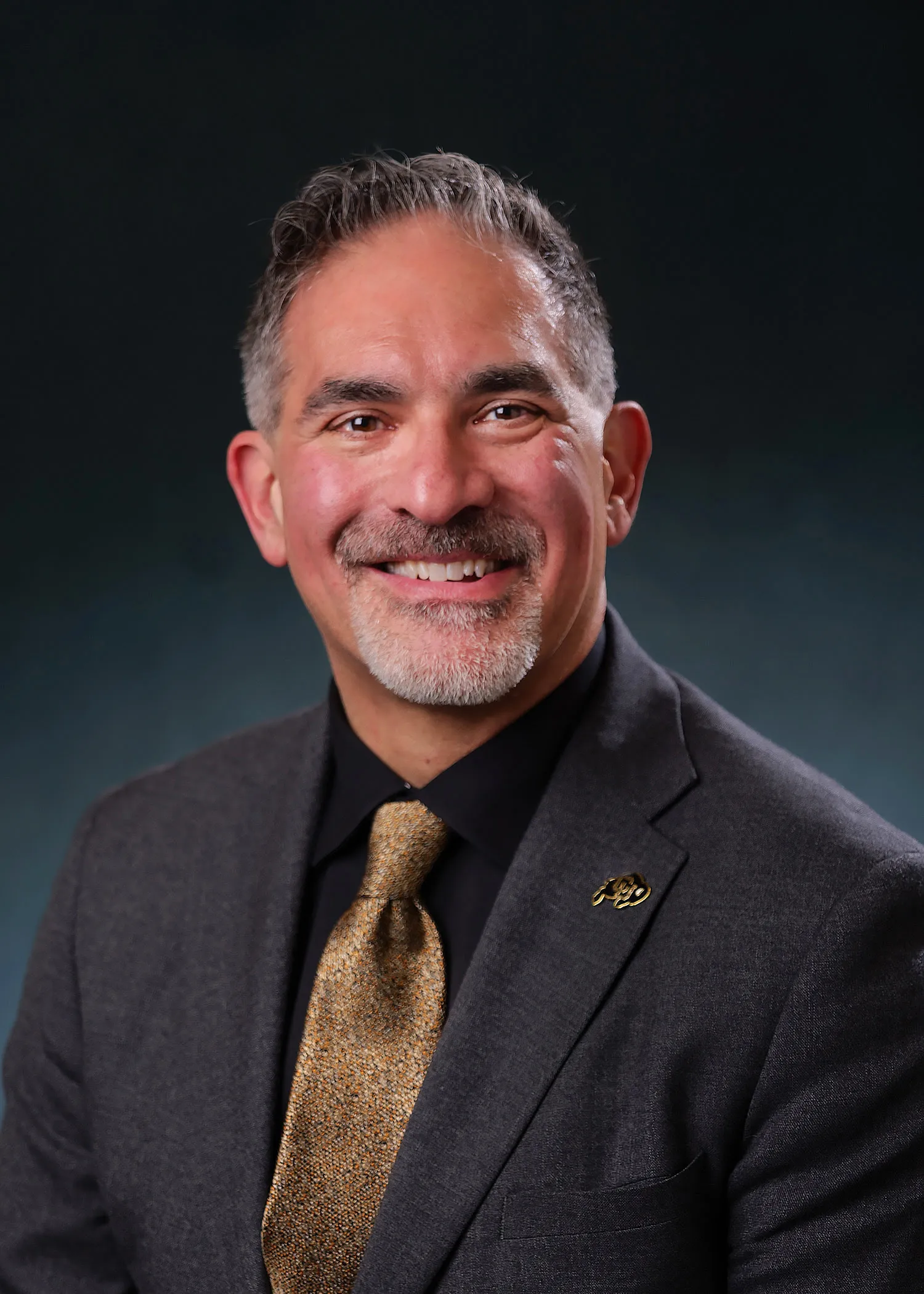New University of Colorado chancellor seeks to ‘amplify, ‘elevate’ CU’s greatness

One of the early goals for Justin Schwartz, who took over leadership of CU Boulder about a month ago after the retirement of long-time chancellor Philip DiStefano, is to foster “understanding of where we have greatness and finding ways to help amplify it and elevate it,” Schwartz told BizWest in a July interview.
THIS ARTICLE IS FOR SUBSCRIBERS ONLY
Continue reading for less than $3 per week!
Get a month of award-winning local business news, trends and insights
Access award-winning content today!





